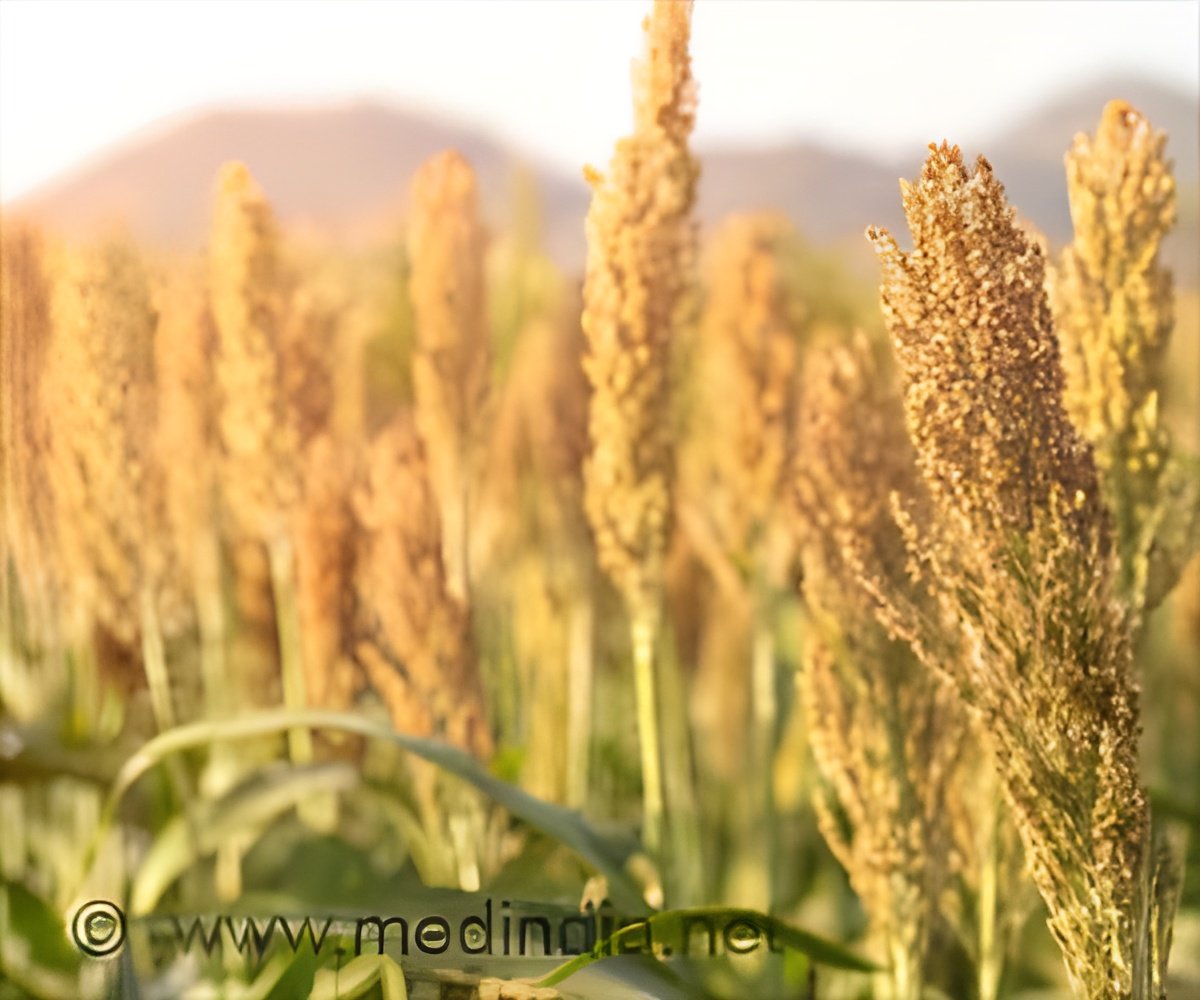
‘People who had millets as a part of their daily diet showed a 12-15% drop in their blood sugar levels. These grains could do this when cooked through any procedures like boiling, baking, and steaming.’
Tweet it Now
According to the National Diabetes Statistics Report, 34.2 million people have diabetes. Countries including India, China, and the USA have the highest numbers of people with diabetes, says the International Diabetes Association. The authors analyzed 65 published research literature involving about 1,000 human subjects from 11 countries for the current study. During the course of the investigation, the researchers found that millets have a low average glycemic index (GI) of 52.7, about 36% lower GI than milled rice and refined wheat, and about 14-37 GI points lower than maize.
Glycaemic Index is an indicator that shows how quickly a food can affect the blood glucose level.
The study also found a drop of 12-15% in the blood sugar levels of diabetic people who followed a millet-based diet. This diet was also able to transform their sugar levels from diabetic to pre-diabetes levels.
Around eleven kinds of millets are considered in the study. All of them were capable of lowering the GI even after boiling, baking, and steaming compared to rice, wheat, and maize.
Advertisement
The findings of the study were published in the journal Frontiers in Nutrition .
Advertisement
Source-Medindia















